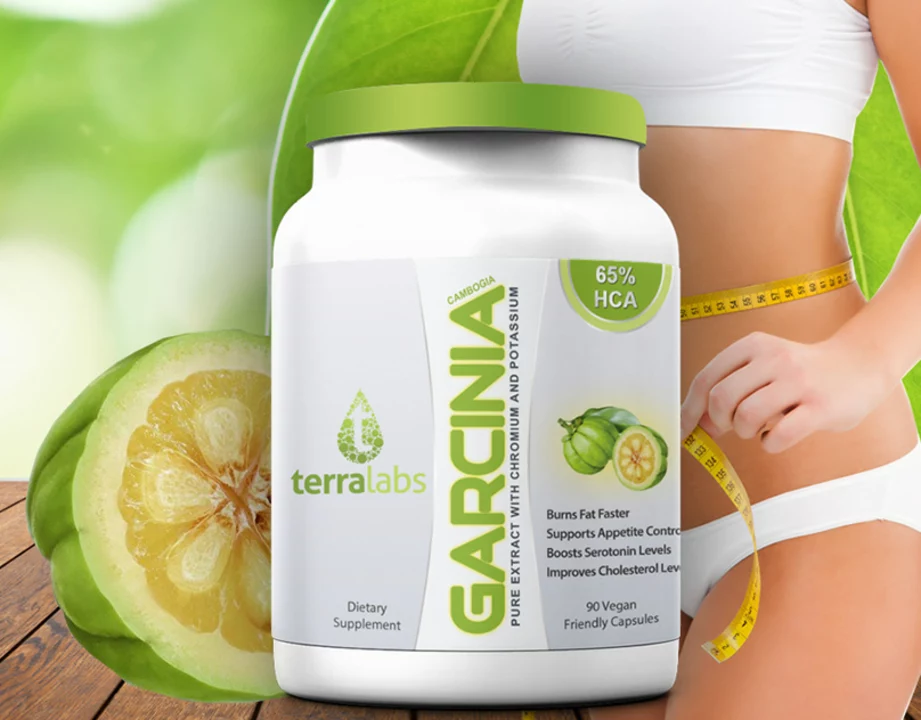Horseradish: What it is and why people use it
Want a quick way to clear your sinuses or add a sharp kick to a roast? A little grated horseradish does both. This root from the mustard family packs volatile oils that give it a strong, peppery bite. People use it as a condiment, in sauces, and sometimes as a folk remedy for congestion and minor digestive complaints.
Horseradish shows up in kitchens as a simple hot sauce for beef or smoked fish, and in jars as prepared horseradish mixed with vinegar. Fresh root has the brightest flavor, while prepared versions are milder and longer lasting. If you like heat that wakes you up without adding chili spice, horseradish is worth trying.
How to pick, store, and prepare horseradish
Look for firm, heavy roots with smooth skin and no soft spots. Small to medium roots often have better flavor and are easier to grate. To store fresh root, wrap it in a damp towel or put it in a plastic bag in the fridge for up to 2–3 weeks. You can freeze grated horseradish in small portions for several months; the texture changes but the bite remains.
To prepare fresh horseradish safely: peel, chop roughly, then grate or pulse in a food processor. Add a splash of vinegar immediately to slow flavor loss and reduce the sting. Work in a well-ventilated kitchen and avoid breathing the fumes — the volatile oils can make your eyes water and your throat burn.
Practical uses and safety notes
Culinary uses are the easiest place to start: mix grated horseradish into sour cream or yogurt for a quick sauce, blend into mustard, or stir into dressings. A small spoonful goes a long way. If you prefer milder heat, use prepared horseradish or mix it with mayo or cream.
Many people find horseradish helps short-term nasal congestion because the vaporized oils open sinuses. Others use it to stimulate digestion after a heavy meal. But horseradish is not a substitute for medical treatment. If you have persistent sinus problems or stomach pain, see your doctor.
Watch out if you have sensitive stomach, ulcers, or reflux — the root’s pungency can irritate the lining of the gut. Pregnant or breastfeeding people should avoid medicinal doses and stick to small culinary amounts unless a clinician says it's okay.
Also, if you take strong blood thinners or other prescription drugs, check with your healthcare provider. While normal food amounts are usually safe, concentrated herbal preparations can interact with medications or change how you feel.
Want to try horseradish but not sure where to start? Buy a small fresh root, grate a teaspoon into a spoonful of yogurt, and taste. If it's too sharp, mix it into a sauce. Simple, fast, and a great way to add a bright, punchy flavor to everyday meals.

Transform Your Health with the Mighty Horseradish: The Dietary Supplement That's Taking the World by Storm
I recently discovered the amazing benefits of horseradish, a dietary supplement that's gaining popularity worldwide. Not only does it have powerful antioxidant properties, but it also helps with digestion, weight loss, and boosting immunity. I've personally experienced an improvement in my overall health since incorporating horseradish into my diet. If you're looking to transform your health, definitely consider giving this mighty root a try. Trust me, you won't regret it!
View More




